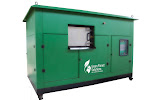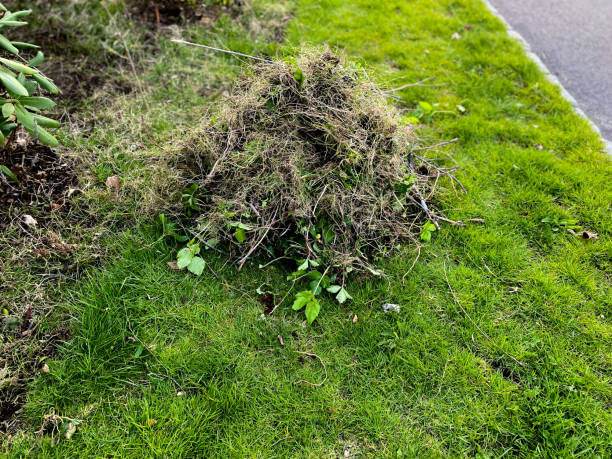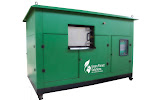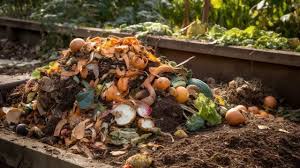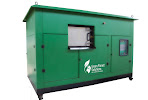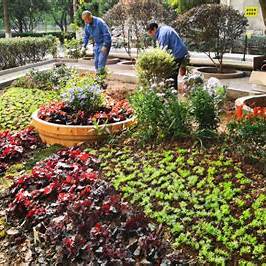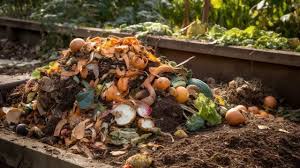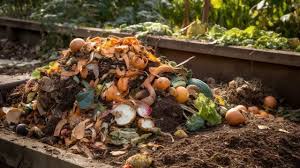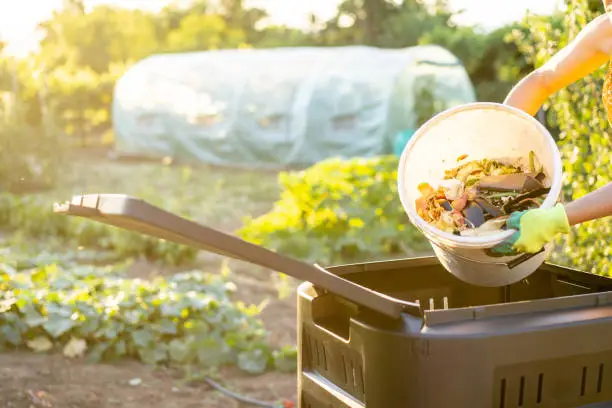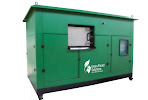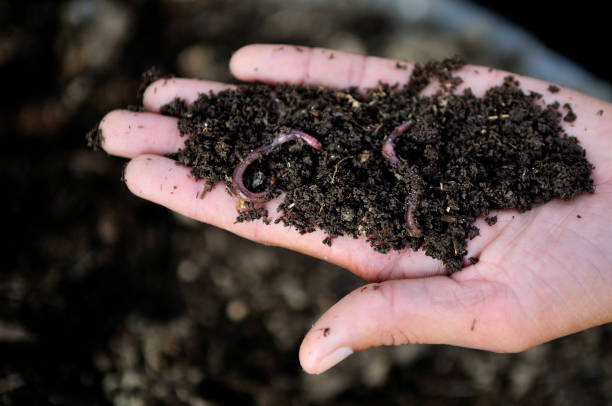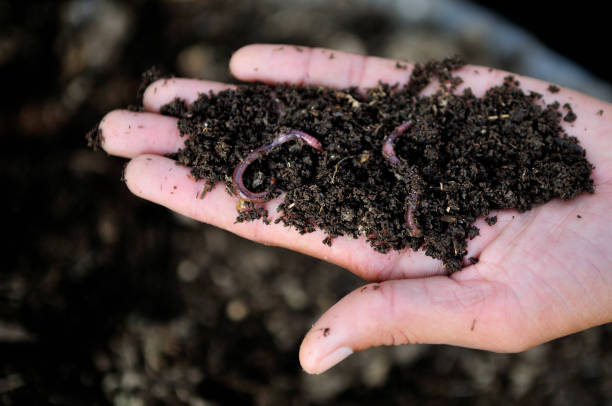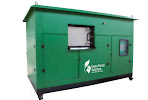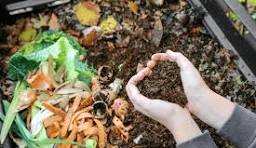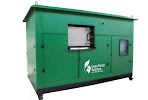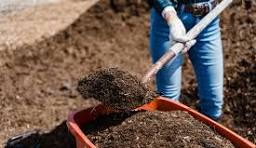ENQUIRE NOW FOR BEST COMPOSTING MACHINES IN INDIA –https://share.hsforms.com/1d12AT_oJScm8iiXbjSrEIwrh2r7
Dubai’s hospitality sector is booming — and with it, the massive challenge of managing food waste. Every buffet, brunch, corporate event, and luxury dining experience generates tonnes of organic waste daily. How Hotels in Dubai Are Saving Millions with On-Site Food Waste Composting has now become one of the most powerful sustainability and cost-saving strategies across the UAE.
As Dubai pushes for Net Zero 2050, hotels are rapidly adopting high-speed composting machines from Green Planet Solutions to cut waste bills, reduce methane emissions, and turn daily food waste into a valuable resource.
⭐ Why Dubai Hotels Produce Massive Food Waste
(Subheading includes keyphrase)
Dubai’s hospitality industry is globally known for lavish buffets, unlimited brunches, and 24×7 F&B operations. This means an average 5-star hotel generates:
- 800–2,000 kg of food waste per day
- High disposal costs with rising landfill charges
- Increasing pressure to meet ESG and green certification requirements
Food waste is no longer just an environmental issue — it is a financial drain, a brand risk, and a missed opportunity.
💰 How Hotels in Dubai Are Saving Millions with On-Site Food Waste Composting: The Cost Breakdown
(Subheading includes keyphrase)
1️⃣ Massive Savings on Waste Collection & Hauling
Hotels spend heavily on:
- Waste transportation
- Labour
- Waste bin rentals
- Municipal disposal fees
By composting food waste on-site, hotels reduce:
- Waste volume by 80–90%
- Waste disposal bills by 50–60%
- Collection frequency by 70%
2️⃣ Zero Need for Off-Site Waste Handling
No more foul-smelling bins.
No more long-distance hauling.
No more overflowing waste rooms.
One compact machine quietly handles everything inside the hotel premises.
3️⃣ Reusing Compost for Landscaping
Dubai hotels spend lakhs on landscaping. Compost generated can be used:
- In gardens
- For palm trees
- For lawns
- For green areas around the property
This means direct savings + healthier soil + better greenery.
4️⃣ Strong ESG Branding = Higher Occupancy
Guests today prefer green hotels.
Sustainability is now a premium marketing strategy.
Hotels using composting gain:
- Better ratings
- Higher guest trust
- Eligibility for green certifications (LEED, Green Key, EarthCheck)
- ENQUIRE NOW FOR BEST COMPOSTING MACHINES IN INDIA –https://share.hsforms.com/1d12AT_oJScm8iiXbjSrEIwrh2r7
5️⃣ ROI in Less Than 12–18 Months
With Green Planet Solutions’ high-speed composting machines, most hotels recover the investment within 1 to 1.5 years — while enjoying savings for the next 8–10 years.
⚙️ How Green Planet Solutions’ Composting Machines Help Dubai Hotels Save Millions
(Emotional + power words)
Our technology is engineered for:
✔ 24-Hour Composting (Super-Fast Conversion)
Fresh food waste turns into compost in 24 hours, reducing odour and volume instantly.
✔ Odourless & Pest-Proof System
Completely sealed, fully automated, no disturbance for staff or guests.
✔ Zero Manual Segregation
Machines handle mixed food waste — cooked, raw, vegetables, fruits, meat, bakery, etc.
✔ Fully Automatic with AI Monitoring
Hotels can track:
- Waste volume
- Compost output
- Carbon savings
✔ Perfect for UAE Climate
Engineered to withstand extreme heat and humidity.
ENQUIRE NOW FOR BEST COMPOSTING MACHINES IN INDIA –
https://share.hsforms.com/1d12AT_oJScm8iiXbjSrEIwrh2r7
🌱 Environmental Benefits Hotels Cannot Ignore
Dubai’s sustainability laws are getting stricter. Composting helps hotels:
- Reduce methane emissions
- Reduce landfill load
- Convert waste into a natural soil booster
- Meet green audit requirements easily
This is NOT just a cost-saving system — it’s a climate action commitment.
🏨 Real Examples: How Hotels in Dubai Are Saving Millions with On-Site Food Waste Composting
Hotels using advanced composting systems report:
- Up to 60% reduction in annual waste bills
- Up to 80% reduction in transport costs
- Up to 90% organic waste diversion from landfill
- A visible improvement in sustainability branding
Dubai’s largest hotels, resorts, beach properties, and luxury chains are leading this transformation.
📸 Image Alt Attributes (SEO Required)
Alt text examples using the keyphrase:
- “How Hotels in Dubai Are Saving Millions with On-Site Food Waste Composting machine demonstration”
- “Dubai hotel staff using on-site food waste composting system”
- “Green Planet Solutions composting machine in Dubai hotel kitchen”
ENQUIRE NOW FOR BEST COMPOSTING MACHINES IN INDIA –https://share.hsforms.com/1d12AT_oJScm8iiXbjSrEIwrh2r7
🧲 Lead-Generation CTA (High Converting)
Transform Your Hotel’s Waste Management Today.
Green Planet Solutions helps Dubai hotels cut waste bills, boost ESG ratings, and become sustainability leaders.
📞 Book a Free Site Visit
📩 Request a Demo of Our High-Speed Composting Machine
🌐 Grow greener. Save bigger. Lead the future.
🏷 Relevant SEO Keywords
Dubai composting
food waste management UAE
hotel waste reduction
composting machine Dubai
UAE sustainable hospitality
on-site composting system
organic waste recycling UAE
#DubaiHotels #UAEHospitality #SustainableDubai #CompostingUAE #FoodWasteManagement #GreenPlanetSolutions #EcoHotel #ZeroWasteUAE #GreenHospitality #DubaiSustainability
